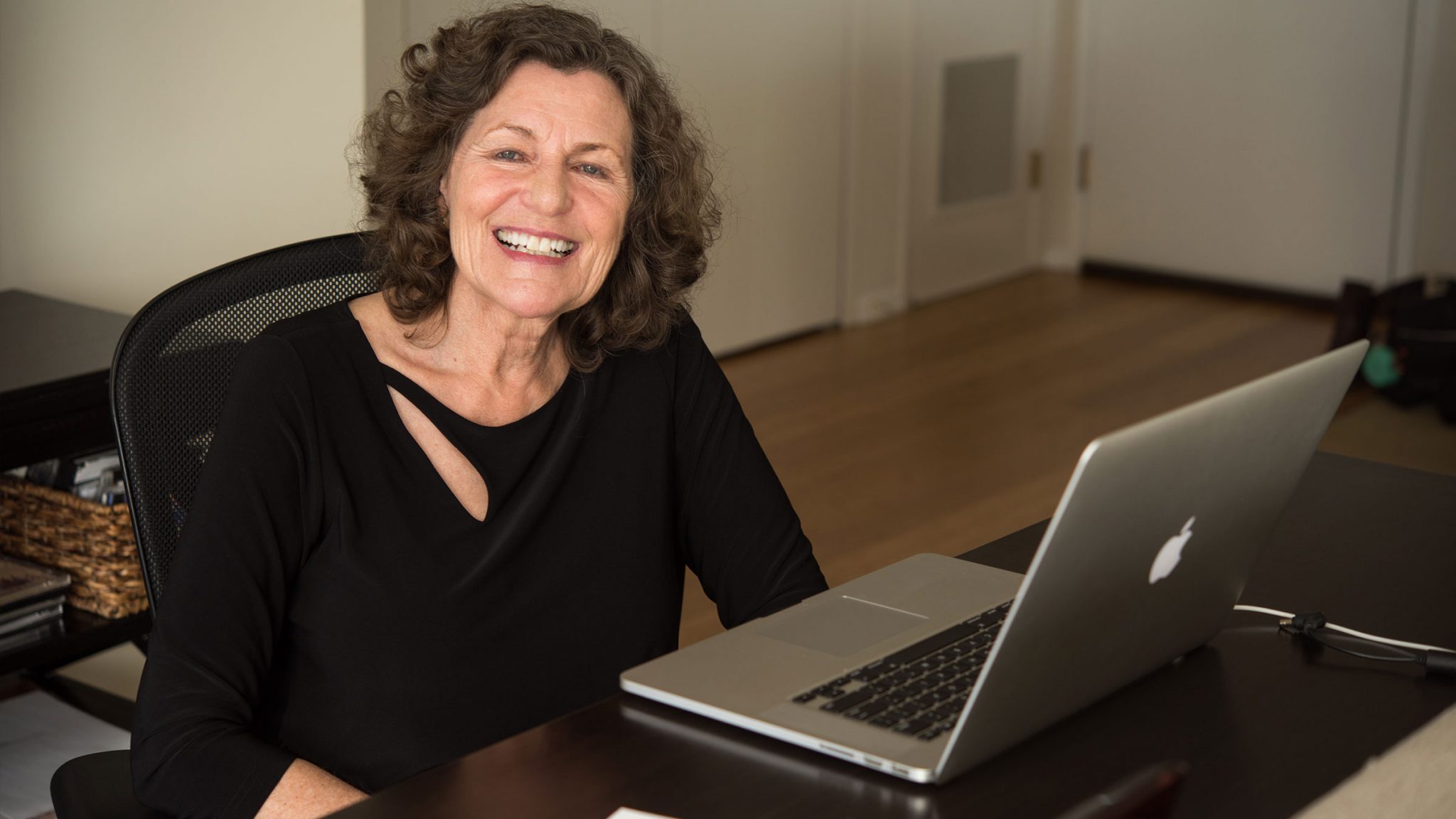How Connect2Caregivers Started
By Rosalie Wosepka

Photo provided by CaringBridge
Mary and I lived in the same community but did not know each other. We were connected through a Mayo Clinic program for people with mild cognitive impairment and their care partners. Our meeting was serendipitous.
Mary and I started meeting for coffee on a regular basis. We would text, talk on the phone, and email in between. Simply knowing that I could reach out helped. We walked and talked side-by-side, sharing our experiences. Sadness was given a space. We did not turn away from our distress.
However, it was not all about sadness. Humor was also a big part of our connection. The craziness of our lives provided lots of examples. Laughter was essential, an anchor that tethered us to reality. Releasing our feelings in a safe space provided decompression. Venting these feelings allowed us to carry what wasn’t fixable and helped us lean into our everchanging roles. Feeling heard without our challenges being diminished gave us comfort. It made a difference. We didn’t feel so alone.
During a lunch with leaders from the Mayo Clinic Dementia Team, Mary and I shared how our support for one another during the dementia diagnosis of our spouses helped us feel balanced. It provided a trusted space to be understood. We knew firsthand the isolation that a diagnosis of dementia can create. The landscape of our lives could no longer be navigated in the familiar way. The roadmap kept changing into a new confusing reality. We wondered if there was a way that others could experience what we had found in our mutual support.
Prior to our lunch with the Mayo team, I had read about an organization that supports breast cancer survivors. It was a light bulb moment for me. Somehow, it amplified the connection I felt with my friend Mary. The organization’s goal is a future where no woman faces a breast cancer diagnosis alone. It was the genesis for the vision of a dementia caregiver connection. Feeling a kinship to this organization was transformative, not due to a cancer diagnosis, but by envisioning a future where no family faces dementia alone.
The Mayo Clinic Team understands the value of peer-to-peer social and emotional support for dementia caregivers. Out of our conversation with them, Connect2Caregivers was born. Connect2Caregivers is focused on providing an easy way for caregivers to find one another for support. This support may result in one reassuring phone call or a lasting supportive friendship.
As they gain experience, caregivers often become experts. Their observations, insights, and voices are important tools that can help caregivers navigate the health care system. For example, talking about a specific dementia diagnosis with someone else who has been through it provides helpful language for new caregivers to advocate for their family members.
Even though my spouse has now passed, I still have more to give. Former caregivers are valuable resources for current caregivers. We “get it.” We are empathetic. Knowing the see-saw of challenges is in our wheelhouse. We understand impermanence: what worked today may not work tomorrow. We value adaptability and resilience. We know exhaustion and frustration. We appreciate doing our best even when it seems impossible. We have been there.
We realize caregiving does end. Eventually.